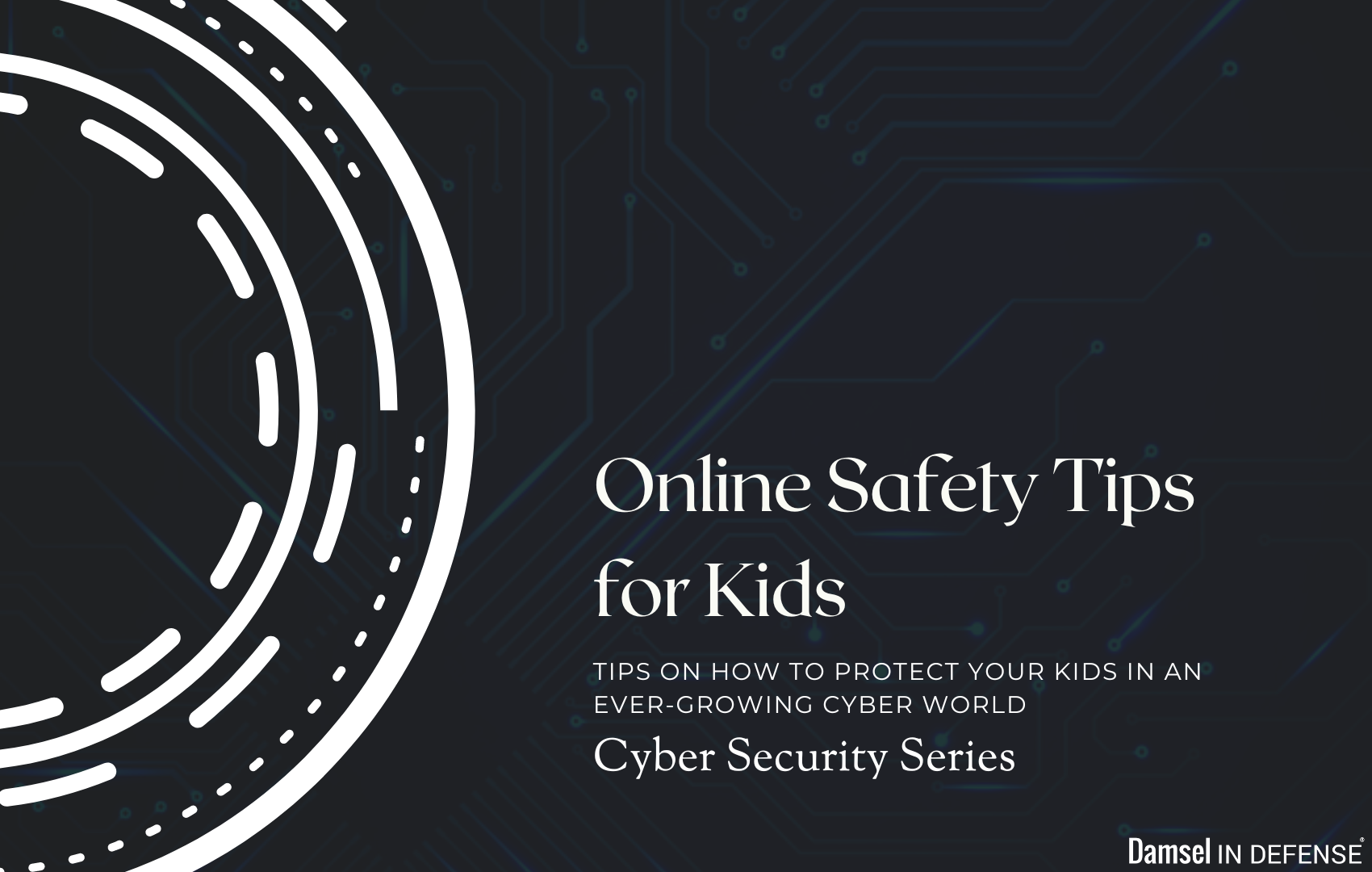
Screen time for children has been a highly debated subject for many, with some parents agreeing that screen time is favorable while opposing parents have declared “war” on screen time and never allow their child access to a personal device. Whatever your stance is on screen time, there is one thing we can all agree on and that is the internet is a dangerous and exposing place for a young brain and certain restrictions need to be put in place for their safety. The Institute for Family studies revealed that children are being exposed to porn earlier and earlier in life, with 93% of boys and 63% of girls being exposed to internet pornography before the age of 18. The current average age of first exposure is just 12 years old but with some being exposed as early as 8 or 9 years old and this has proven to have some very serious consequences, such as “a greater acceptance of sexual harassment, sexual activity at an early age,acceptance of negative attitudes to women, unrealistic expectations, skewed attitudes of gender roles, greater levels of body dissatisfaction, rape myths (responsibility for sexual assault to a female victim), and sexual aggression.”
Online predators and sextortion scams are also a huge concern among pre-teen and teens, such as in the case of 17 year old Gavin, who committed suicide after he became the victim of a sextortion scam. In 2022 alone, the FBI received over 7,000 reports of attempted sextortion scams on minors of which half of the attempts became victims. Of those victims, half died by suicide.
What can we do, then, to protect our kids?
For children under 7 years old:
- Keep devices in common areas
- By keeping devices where you can hear and see them, you can ensure the content your child is consuming is appropriate.
- Stay in control
- Put parental controls on the Apps they have access to, such as YouTube, streaming services, and online games. Young kids should not be allowed to play online with adults who may have ill intentions.
- Spend quality time online
- Most games come in a multi-player option and we highly recommend that you spend some time playing online games with your children! Demonstrate what proper usage should look like.
- Limit screen time as much as possible
- While the occasional rainy or sick day calls for a movie binge watch, or a long car ride may be soothed by fun games online, encourage your kids to use their imaginations and play pretend as you may have done as a child.
For children under 16:
- Continue holding the reins
- Parental controls at this age are the most important. While you can not always control what is shown to them by friends, you can control what they can view on their personal devices.
- Encourage password safety
- Let your child know that their phone password should never be shared – even with close friends – to prevent unauthorized access to personal information.
- Report cyberbullying
- Encourage open communication and make your child aware that if they are ever the target of cyberbullying to never engage or respond, as tempting as it may be, and to tell you, another parent, or another guardian right away.
- Teach healthy online behavior
- Only allow your child to follow and have the number of people not only they know but you have met and trust as well.
- Once a picture is posted online, it is posted online for good. Nothing can be truly deleted and it is very important your child is aware of this and the potential consequences that can come of it.
You do not have to do it alone
iDefend is an all-in-one protection plan for you and your family’s digital footprint. They include a personal setup session to address any immediate concerns so you can feel at ease that your protection is set up correctly. Their U.S. based team of iDefend Advisors can help install, customize, and manage your protections for you. Learn more about our recommendation here: https://www.idefendhome.com/.
Interested in Personal Protection as well? Visit https://damselindefense.net/locator/ to find the nearest Damsel Safety Educator to you today!



